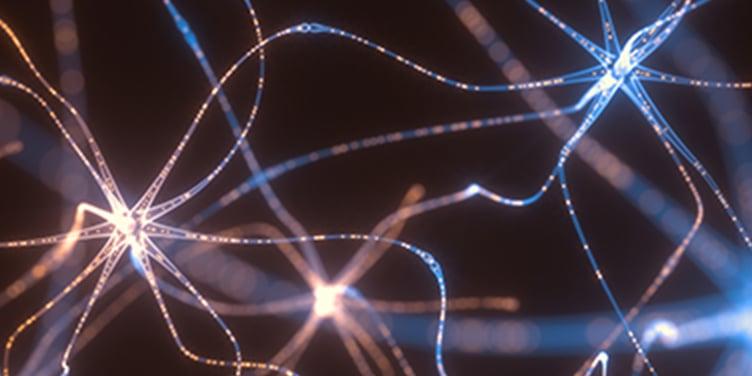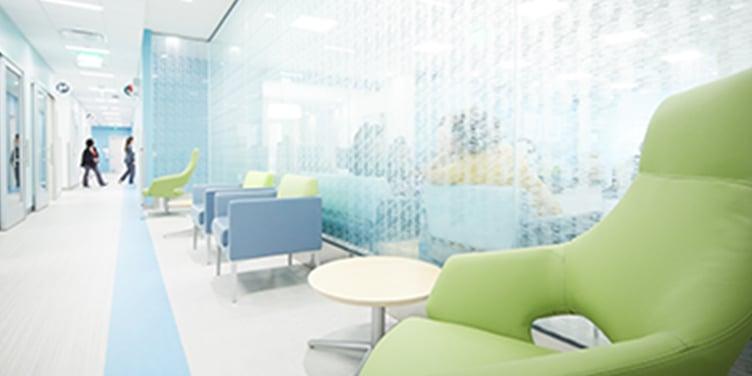
粪便文化
定义
A fecal culture is a lab test to find organisms in the stool (feces) that can cause gastrointestinal symptoms and disease.
选择的名字
Stool culture; Culture - stool; Gastroenteritis fecal culture
How the Test is Performed
A stool sample is needed.
There are many ways to collect the sample.
You can collect the sample:
- 在保鲜膜上. Place the wrap loosely over the toilet bowl so that it is held in place by the toilet seat. Put the sample in a clean container given to you by your health care provider.
- In a test kit that supplies a special toilet tissue. Put it in a clean container given to you by your provider.
Do not mix urine, water, or toilet tissue with the sample.
For children wearing diapers:
- Line the diaper with plastic wrap.
- Position the plastic wrap so that it will prevent urine and stool from mixing. This will provide a better sample.
Return the sample to the laboratory as soon as possible. Do not include toilet paper or urine in the specimen.
In the lab, a technician places a sample of the specimen in a special dish. The dish is then filled with a gel that boosts the growth of bacteria or other germs. If there is growth, the germs are identified. The lab technician may also do more tests to determine the best treatment.
How to Prepare for the Test
You will get a collection container for the stool specimen.
How the Test will Feel
There is no discomfort.
Why the Test is Performed
The test is performed when your health care provider suspects that you may have a gastrointestinal infection. It may be done if you have severe
正常的结果
There are no abnormal bacteria or other organisms in the sample.
What Abnormal Results Mean
Abnormal results may mean you have an
风险
There are no risks.
注意事项
Often other stool tests are done in addition to the culture, such as:
Gram stain of stool 粪便涂片 Stool ova and parasites exam
参考文献
Melia JMP, Sears CL. Infectious enteritis and proctocolitis. In: Feldman M, Friedman LS, Brandt LJ, eds. Sleisenger and Fordtran's Gastrointestinal and Liver Disease. 11日艾德. Philadelphia, PA: Elsevier; 2021:chap 110.
Plourde AR, Beavis KG. Specimen collection and handling for diagnosis of infectious diseases. In: McPherson RA, Pincus MR, eds. Henry's Clinical Diagnosis and Management by Laboratory Methods. 24日艾德. Philadelphia, PA: Elsevier; 2022:chap 66.
Siddiqi HA, Rabinowitz S, Axiotis CA. Laboratory diagnosis of gastrointestinal and pancreatic disorders. In: McPherson RA, Pincus MR, eds. Henry's Clinical Diagnosis and Management by Laboratory Methods. 24日艾德. Philadelphia, PA: Elsevier; 2022:chap 23.
Wojewoda CM, Stempak LM. Medical bacteriology. In: McPherson RA, Pincus MR, eds. Henry's Clinical Diagnosis and Management by Laboratory Methods. 24日艾德. Philadelphia, PA: Elsevier; 2022:chap 57.
审核日期: 05/06/2022
The information provided herein should not be used during any medical emergency or for the diagnosis or treatment of any medical condition. A licensed physician should be consulted for diagnosis and treatment of any and all medical conditions. Call 911 for all medical emergencies. Links to other sites are provided for information only -- they do not constitute endorsements of those other sites. 版权所有©2019 A.D.A.M.公司., as modified by University of California San Francisco. Any duplication or distribution of the information contained herein is strictly prohibited.
Information developed by A.D.A.M.公司. regarding tests and test results may not directly correspond with information provided by 加州大学旧金山分校健康. Please discuss with your doctor any questions or concerns you may have.





